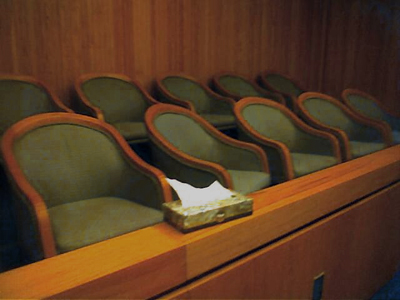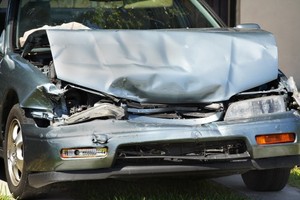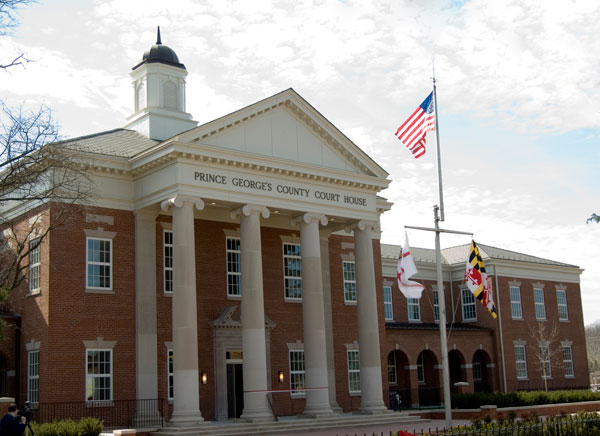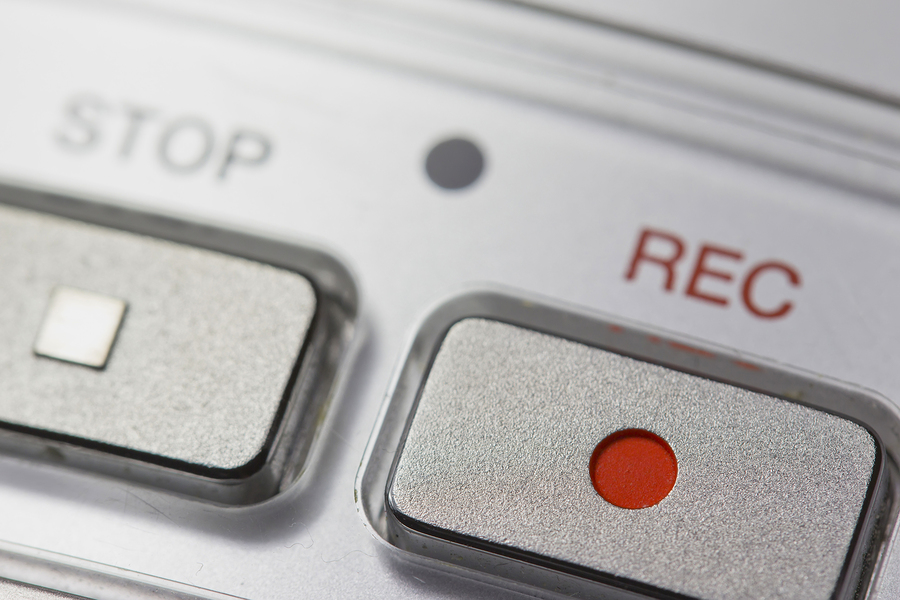HOW TO PREPARE FOR YOUR TRIAL: DISTRICT COURT VERSION
 If your cases has been set for trial, there are some things that you will need to prepare to be ready. What are you preparing for? Simply, to provide the best testimony possible to the judge. That means you need to be ready for the questions your lawyer will ask you, and you need to anticipate the questions that the defense attorney will ask you. These are the steps important for testimony, whether it is an automobile collision case, slip-and-fall, or any other type of personal injury.
If your cases has been set for trial, there are some things that you will need to prepare to be ready. What are you preparing for? Simply, to provide the best testimony possible to the judge. That means you need to be ready for the questions your lawyer will ask you, and you need to anticipate the questions that the defense attorney will ask you. These are the steps important for testimony, whether it is an automobile collision case, slip-and-fall, or any other type of personal injury.
- Contact your lawyer. Set up a time before the trial to go over your testimony. Our office will use a trial script to help you understand the questions we will ask. Based on our review of your file, including your medical records, our conversations with you, and your answers to interrogatories, we will draft the questions and what we think the answers are. Your job is to review those, make sure they are correct, and help provide as much detail as you can.
- Know your medicals. You should review your medical records—preferably, read them all to remind you of what you went through. At the very least, have a good idea of who you went to, for how long, and know about how much they charged you. Reading medical records isn’t the most enjoyable thing, but knowing your medicals will help you to understand your case.
 Maryland Car Accident Lawyer Blog
Maryland Car Accident Lawyer Blog


 It’s a simple word, credibility. Basically, it means a person’s believability. A person may not be credible because he has a history of lying, or because what he says doesn’t make sense when taken with other more believable facts.
It’s a simple word, credibility. Basically, it means a person’s believability. A person may not be credible because he has a history of lying, or because what he says doesn’t make sense when taken with other more believable facts.  We just finished a three day trial in the Baltimore City Circuit Court. It was a simple enough case in the beginning–we represented two clients who were injured when they were t-boned on Christmas day as they drove down to Our Daily Bread to help feed the homeless. Liability was disputed (meaning that the other driver’s insurance company believed our driver was at fault). Our clients had reasonable enough medical treatment, so we filed in the District Court for $30,000.00.
We just finished a three day trial in the Baltimore City Circuit Court. It was a simple enough case in the beginning–we represented two clients who were injured when they were t-boned on Christmas day as they drove down to Our Daily Bread to help feed the homeless. Liability was disputed (meaning that the other driver’s insurance company believed our driver was at fault). Our clients had reasonable enough medical treatment, so we filed in the District Court for $30,000.00.  So your lawyer made a claim to the insurance company, and the case didn’t settle. Cases don’t settle for several reasons, including:
So your lawyer made a claim to the insurance company, and the case didn’t settle. Cases don’t settle for several reasons, including:
 If you can’t settle your Maryland automobile accident case, where will your lawyer file a lawsuit? We’re going to do a three-part series on the Maryland trial courts, one for every type of court. Your case could be filed in the:
If you can’t settle your Maryland automobile accident case, where will your lawyer file a lawsuit? We’re going to do a three-part series on the Maryland trial courts, one for every type of court. Your case could be filed in the: Attorneys are an argumentative bunch. We disagree on many things, so when we agree on something, you should take notice. Something we agree on–don’t give a recorded statement to the insurance company after an automobile collision. It doesn’t matter if it is your insurance company, or the negligent driver’s insurance company.
Attorneys are an argumentative bunch. We disagree on many things, so when we agree on something, you should take notice. Something we agree on–don’t give a recorded statement to the insurance company after an automobile collision. It doesn’t matter if it is your insurance company, or the negligent driver’s insurance company.